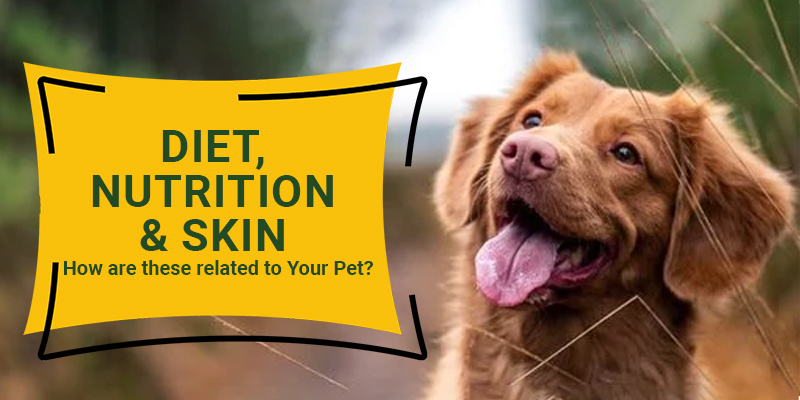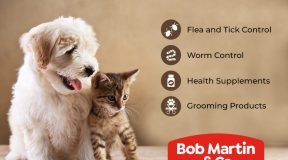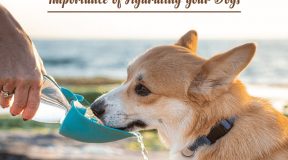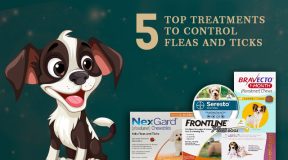There is a strong relationship between pet’s nutrition and skin. The skin and coat health of your pet depends on the type of food they intake, the nutrients they get, the food allergies they might have, and various other reasons. If your pet’s daily diet does not provide nutrients as required, according to their age, breed, activity levels, and relevant health condition, it can cause an adverse effect on their skin and health. The skin and coat of your pet are among the first ones to exhibit the initial signs and symptoms of an unbalanced diet.

If you notice the following symptoms in your pet, it might be a sign to reevaluate their diet.
- Itching or scratching
- Change in or loss of hair (more than usual)
- Dry and dull hair
- Dry or flaky skin
- Sore or bald spots
There can be many reasons why your pet might be showing the above-mentioned symptoms. Excluding flea or tick-caused skin problems; here are other causes of such behavior:
- Food and environmental allergies
- Nutrient Deficiency
- Infections (bacteria, ringworm, etc)
- Underlying diseases like skin cancers
- Endocrine or auto-immune disorder
If you suspect your pet is suffering from a parasitic infestation or has an underlying disorder, your vet will recommend a treatment option suitable for them.
Ways Food Can Affect Your Pet’s Coat and Skin
A nutritional deficiency can have a huge effect on your pet’s skin and coat. It can occur when your furry baby is fed homemade food for a long time or poor-quality commercial food which contains highly imbalanced nutrients. This is how it affects your pets:
- Dry food has a dehydrating effect, it increases thirst in your pet and is one of the reasons for dry skin and coat.
- Certain foods contain ingredients which cause an allergic reaction in sensitive dogs.
- Triggered by a change in diet, you may have noticed hot spots on your pet. These are caused due to food intolerance.
- Lack of balanced nutrients in the diet can lead to deficiencies causing impaired skin and coat health. It can also lead to abnormal skin conditions.
- Riboflavin (Vitamin B2) deficiency causes inflammation, itchiness, and greasy & scaly skin. As this vitamin is not produced by the body, it is important to take it through the diet.
- Foods rich in omega 3 & 6 help to protect the skin and keep the coat shiny. They also help in protecting your dog from inflammation.
- Biotin and vitamin-B play a major role in fat metabolism, which are important for skin health.
As the severity of the skin conditions increase, it can lead to the appearance of bald spots, welts, and hyper-pigmentation. Many of these conditions can be avoided, if your dog is fed healthy food and balanced diets. Make sure to give them foods that are rich in vitamins, proteins, and minerals like copper and zinc to reduce skin ulcers, hair loss, dry hair, and the cracking of the skin.
How to Help Your Pet
Providing your furry friends with diets rich in omega-3 & 6 fatty acids will have a positive effect on their skin and coats. Buy Dorwest Evening Primrose Oil, a rich source of omega 6. This is an ideal formulation that aids in keeping your pet’s coat lustrous and skin in good condition.
You can also use the Malacetic Shampoo & Conditioner or the Dorwest Soothe & Calm Shampoo to clean and provide relief to your pet from itchy, dry skin. Using the Petscreen SPF23 Sunscreen will keep your pet protected from the harmful UV rays of the sun and helps in preventing skin cancer and sunburn.
Bottom Line,
Nutrition, diet, and skin are closely related to having better skin and coat conditions in pets. It is important to prevent deficiencies and malnutrition to keep your furry baby in a healthy and happy state. Consult your vet if you think your pet has food allergies to avoid giving them such food items. Feed your pet well and keep them safe from skin-related issues.






